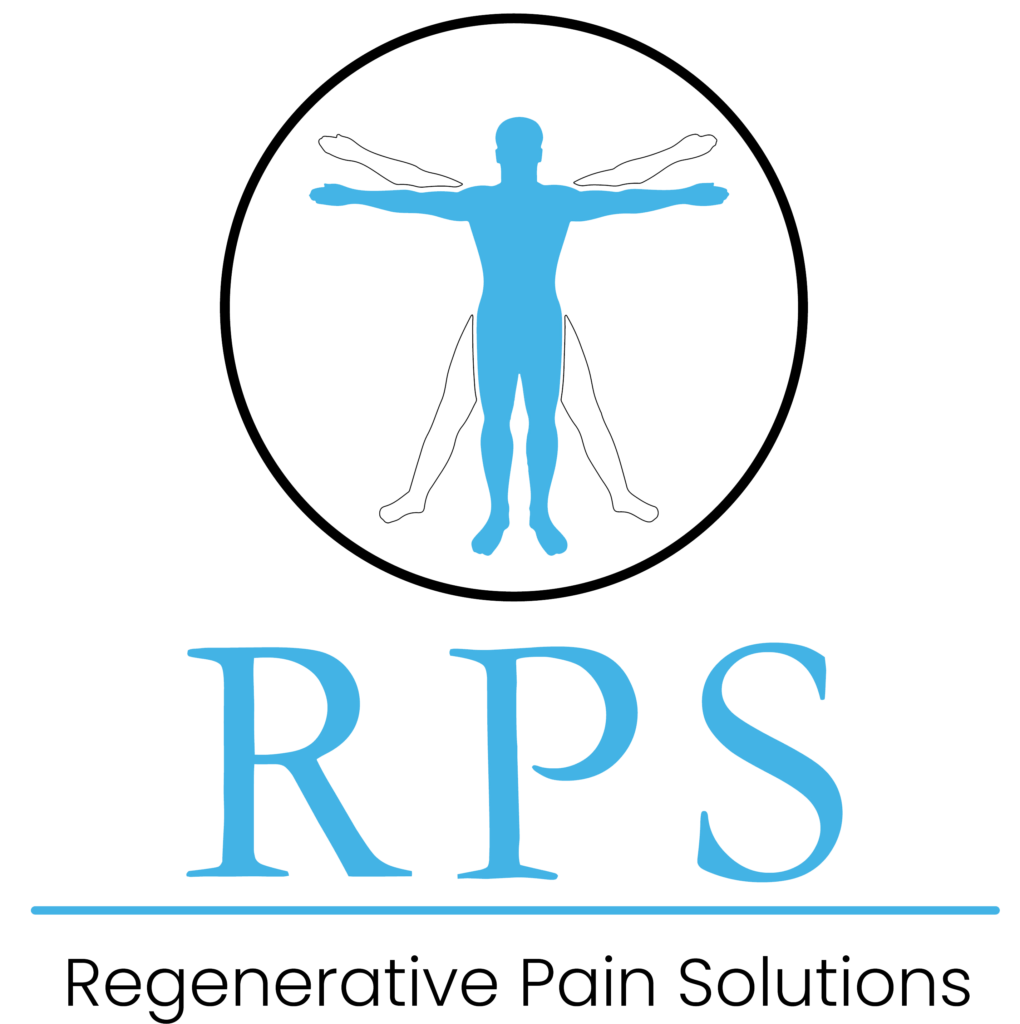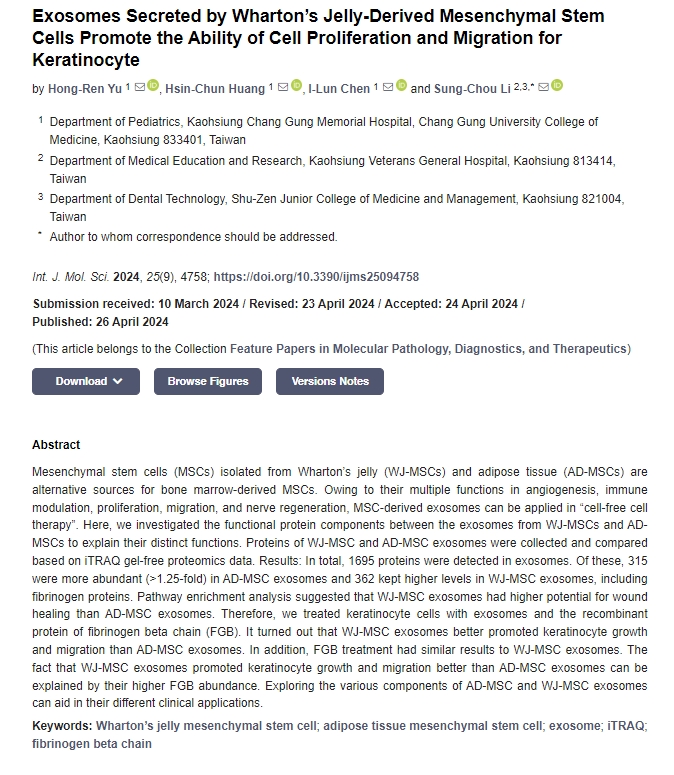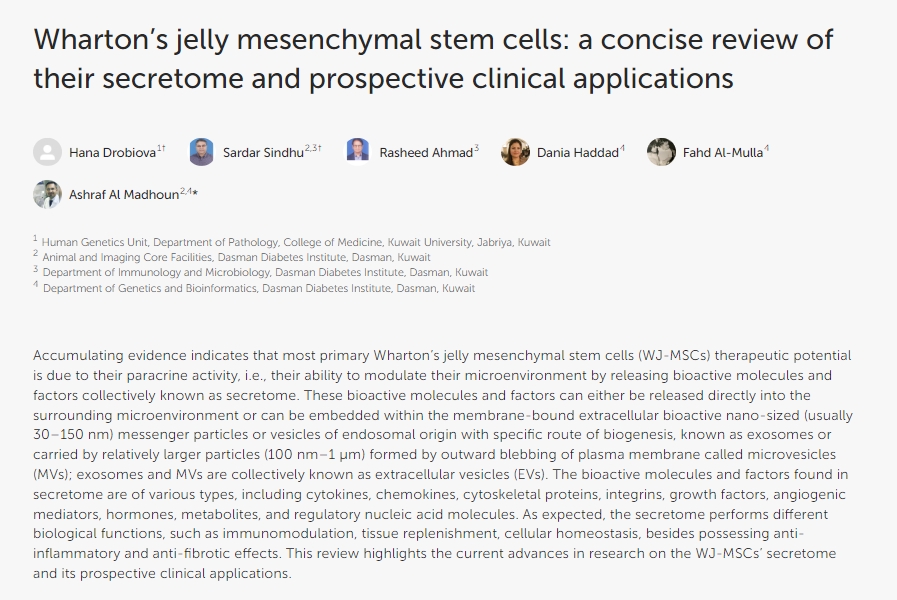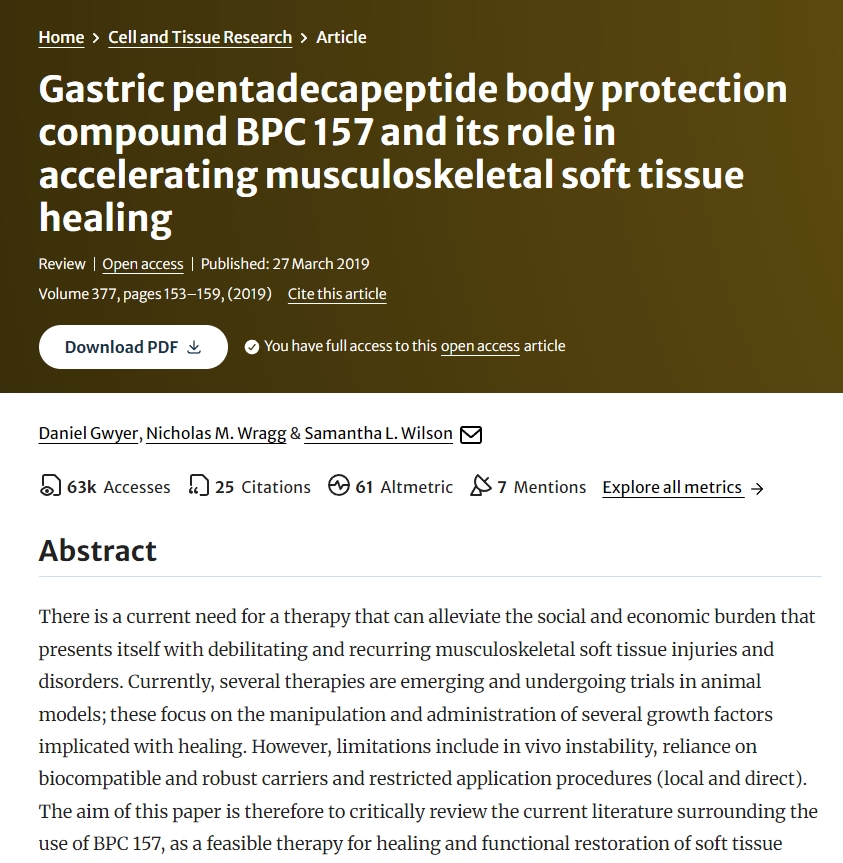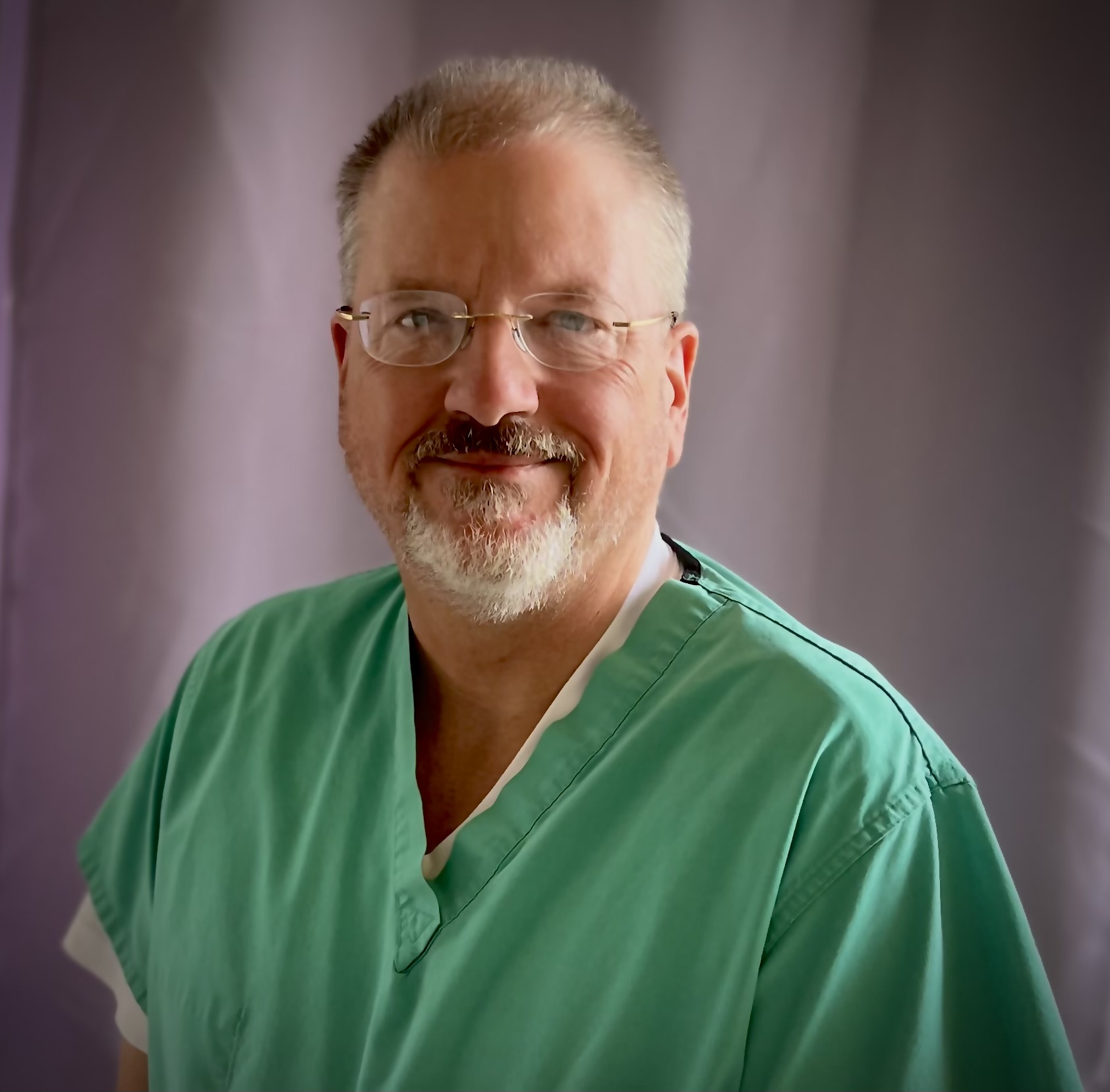ABOUT US
Regenerative Therapy Expert

Chronic Pain Specialist
Benjamin Campbell MS, CRNA, NSPM-C
Currently, Ben and his wife are living in Hot Springs, Arkansas and are owners of Anesthesia Specialists, PA providing contracted anesthesia services. In 2020, Ben went back to school and completed a Fellowship in Advanced Pain Management from the University of South Florida and subsequently opened an interventional pain service. The past two years he has focused his attention on chronic pain management and regenerative medicine procedures.
During his career, Ben has been active in the Arkansas Association of Nurse Anesthetists and has served as President as well as every elected office within that organization except treasurer. He served many years on the board of directors. As an advocate of his state association, he has testified before the Arkansas House of Representatives and Senate Committees on Health, Labor and Welfare to advance legislation for the expansion of anesthesia services in Arkansas.
Ben has held committee and elected positions with the American Association of Nurse Anesthesiology and the National Board of Certification and Recertification of Nurse Anesthetists. He has been a frequent speaker on multiple anesthesia topics at both the state and national levels. In 2024, he has been nominated to become a Fellow of the American Association of Nurse Anesthesiology.
Ben has a love of his country and has served 28 years in the Army Reserves. He served on active duty many times including five tours overseas and three in hostile fire zones. In 2012, he returned from his last combat tour in Afghanistan after serving as Chief of Anesthesiology with the 352nd Combat Support Hospital providing combat anesthesia at Forward Operating Base Salerno on the Pakistan border.
As a passionate learner and educator, Ben remained at USF after graduation and is serving as the clinical coordinator for the advanced pain management fellowship as well as instructor for physical exams and assessment. He is also incorporating regenerative pain management into the USF curriculum to help bring these techniques to a wider patient population.
On a personal level, Ben is a private pilot with instrument, high performance and complex endorsements. He enjoys photography, shooting sports and spending time with his extended family. His dear wife of 34 years, Mary Jane, has been his biggest advocate, supporter and critic, which he appreciates more than she knows.
B.S.N.: Mississippi College, Jackson, Mississippi, June 1981
M.S.: Medical College of Virginia /
Virginia Commonwealth University, June, 1985
Master of Science in Nurse Anesthesiology
RN: Mississippi, 1981, Inactive
Virginia, 1982, Inactive
Arkansas, 1985, RN: 28828, active; APRN: C00491, active
Iowa, 2019, D154768 – Advanced Registered Nurse Practitioner, Inactive
CRNA: Successfully completed national board certification exam, 1985,
Certification: 38167, current
Fellowship University of Southern Florida
Advanced Pain Management
December 2020
NSPM-C Non-surgical Pain Management – Certified
Successfully completed national board certification exam December 2020
MILITARY EDUCATION:
Officers Basic Course: Fort Sam Houston, San Antonio, Texas, Summer 1987
Officers Advanced Course: Phase I, Correspondence, 1988-1989
Officers Advanced Course: Phase II, Fort Sam Houston, San Antonio, Texas, Summer 1990
Focus on Solutions
Specified treatment protocols that target your specific needs
Professional Care
Get industry leading care from and industry leader
Very Friendly Service
Get industry leading care from and industry leader
Modern Treatments
Innovations in pain care provides you with new options
My story for the past 40 years
1996
Early Years:
Seasoned by many years of experience in various settings, including hospitals and the military
2007
Leadership:
Held teaching appointments in various colleges, institutes and universities. Held positions of leadership on various associations.
2018
Regenerative Focus:
2 years focused on helping patients with chronic pain, concentrating on new regenerative pain therapies that avoid drugs and destroying nerves

Your Wellness Is Our Mission
Compassion and Personalized Care is Our Goal
Our Providers
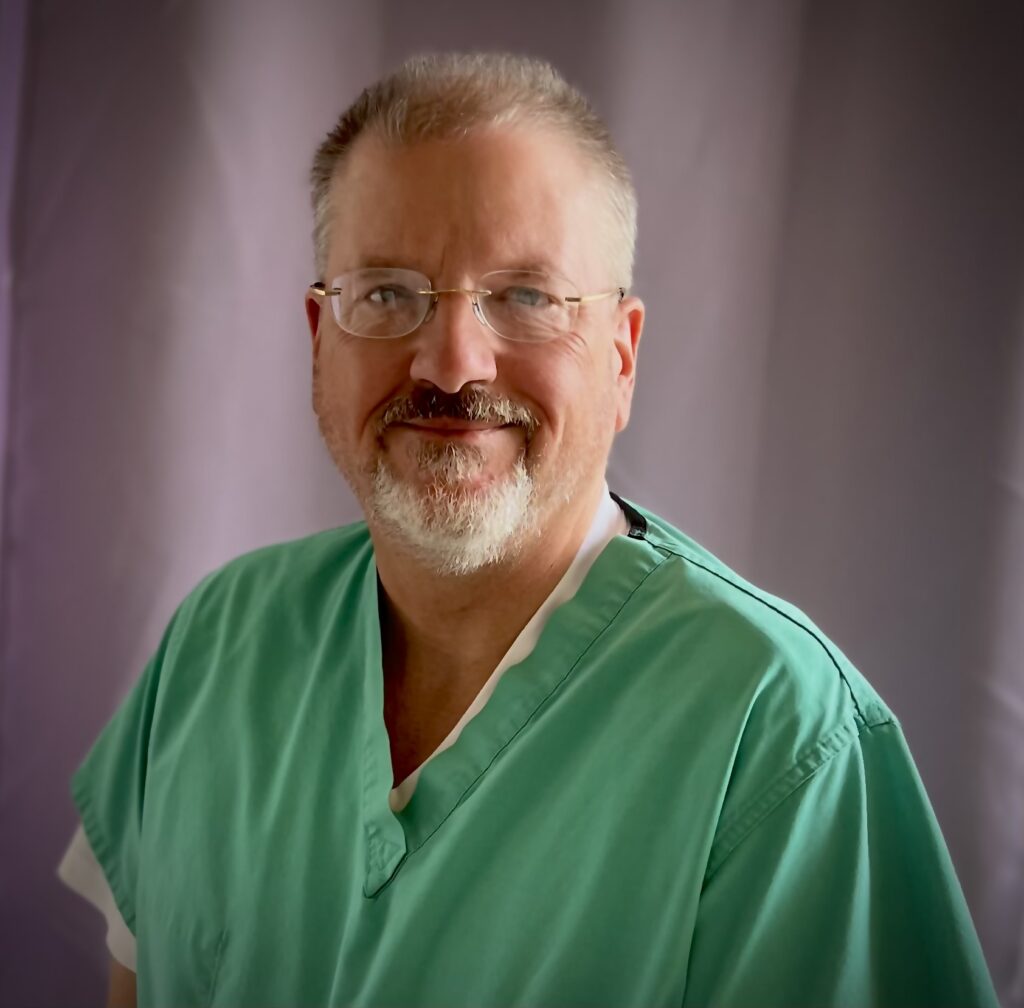
Benjamin Campbell
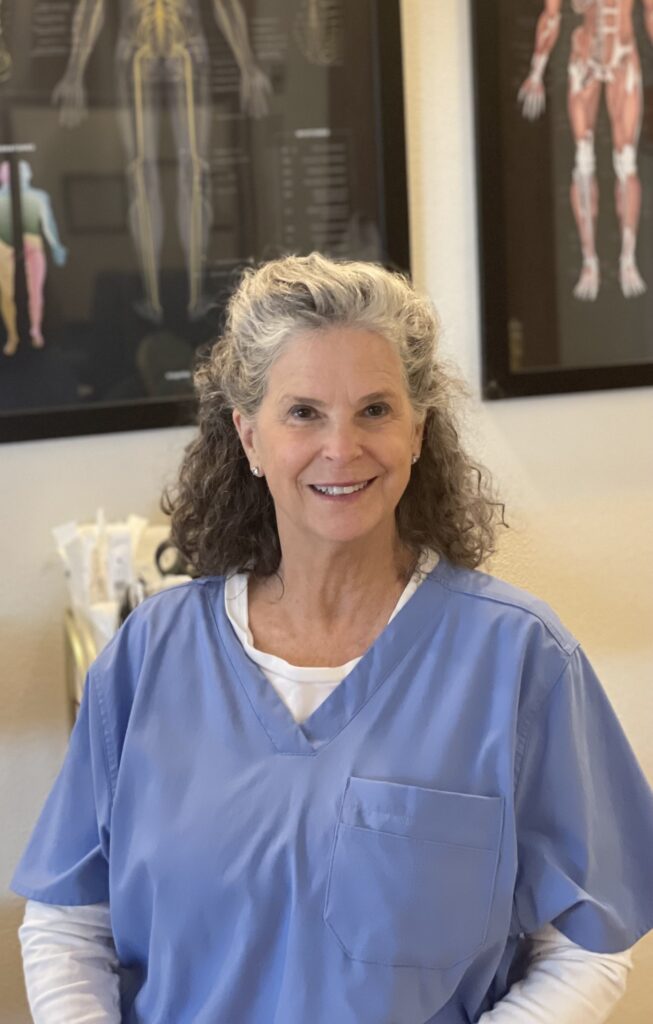
Mary Jane Campbell
Book An Appointment
